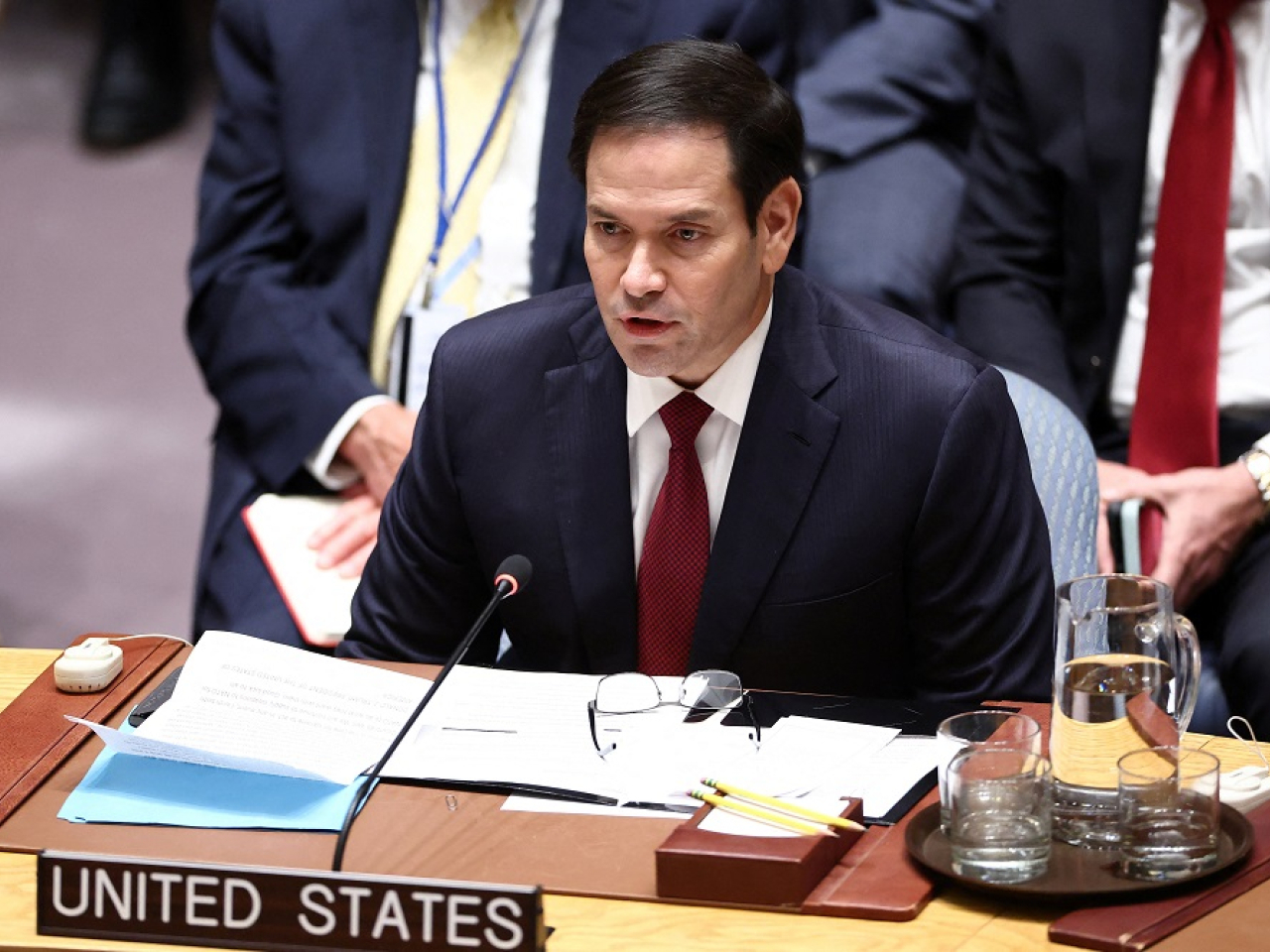Hamas officials arrived in Egypt on Sunday ahead of talks with Israel that the US hopes will lead to a halt in fighting and the freeing of hostages in Gaza, with Washington's top diplomat saying the next days are critical.
Israeli negotiators led by Strategic Affairs Minister Ron Dermer were to travel to Egypt on Monday for negotiations in the Red Sea resort of Sharm el-Sheikh about the release of hostages, part of US President Donald Trump's plan to end the nearly two-year Gaza war.
"We will know very quickly whether Hamas is serious or not by how these technical talks go in terms of the logistics," US Secretary of State Marco Rubio told NBC News' "Meet the Press" on Sunday about the release of 48 remaining hostages in Gaza, 20 of whom are alive.
Trump said later on Sunday negotiations were advancing rapidly. "I am told that the first phase should be completed this week, and I am asking everyone to MOVE FAST," he said in a social media post.
The first phase deals with the release of hostages in exchange for the release of Palestinian prisoners.
A Hamas delegation, led by the group's exiled Gaza chief, Khalil Al-Hayya, landed in Egypt late on Sunday to join representatives of the US and Qatar for talks over the implementation of the most advanced effort yet to halt the conflict.
It was the first visit by Hayya to Egypt since he survived an Israeli strike in Doha, the Qatari capital, last month.
Trump has promoted a 20-point plan aimed at ending the fighting in Gaza, securing the release of remaining hostages, and defining the territory's future.
Israel and Hamas have agreed to parts of the plan. Hamas on Friday accepted the hostage release and several other elements but sidestepped contentious points, including calls for its disarmament — which it has long rejected.
Trump welcomed Hamas' response, saying he believed Hamas had shown it was "ready for a lasting PEACE."
He told Israel to stop bombing Gaza immediately, but its attacks on the enclave have continued.
Planes and tanks pounded areas across the enclave on Sunday, killing at least 19 people, local health authorities said.
Four of those killed were seeking aid in the south of the strip, and five were killed in an airstrike in Gaza City in the early afternoon, they said.
Ahmed Assad, a displaced Palestinian man in central Gaza, said he had been hopeful when news broke of Trump's plan, but said nothing had changed on the ground.
"We do not see any change to the situation; on the contrary, we don't know what action to take, what shall we do? Shall we remain in the streets? Shall we leave?" he asked. (Reuters)





